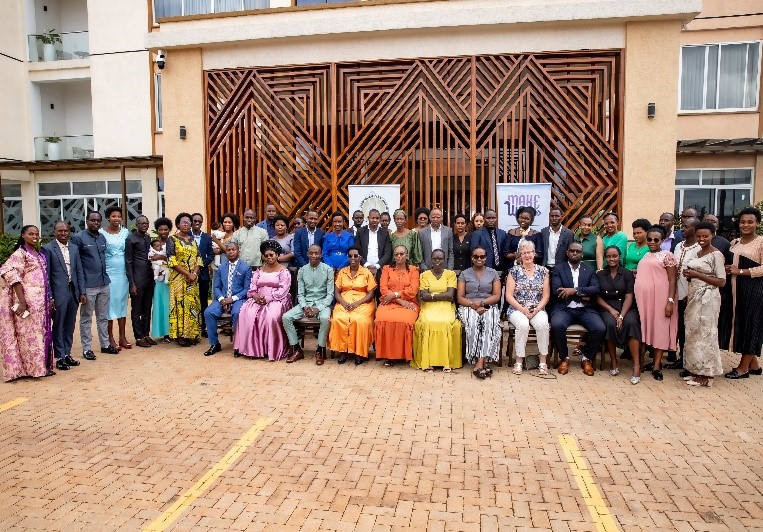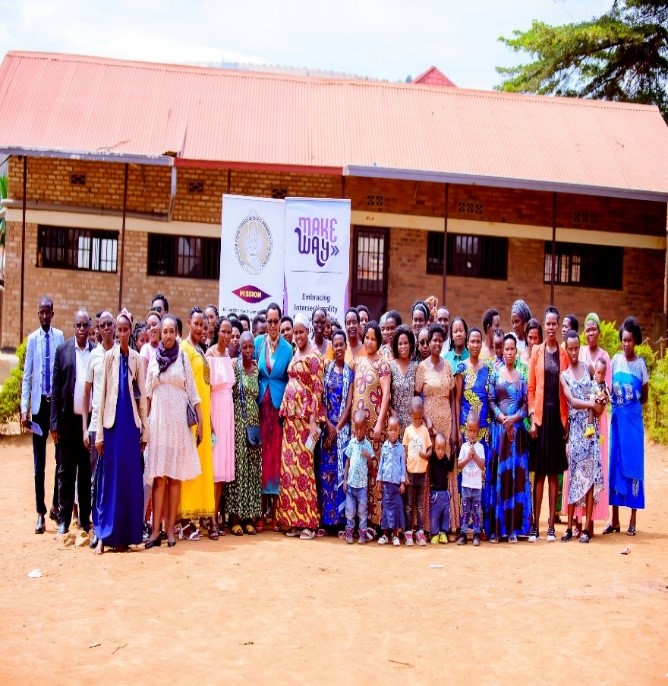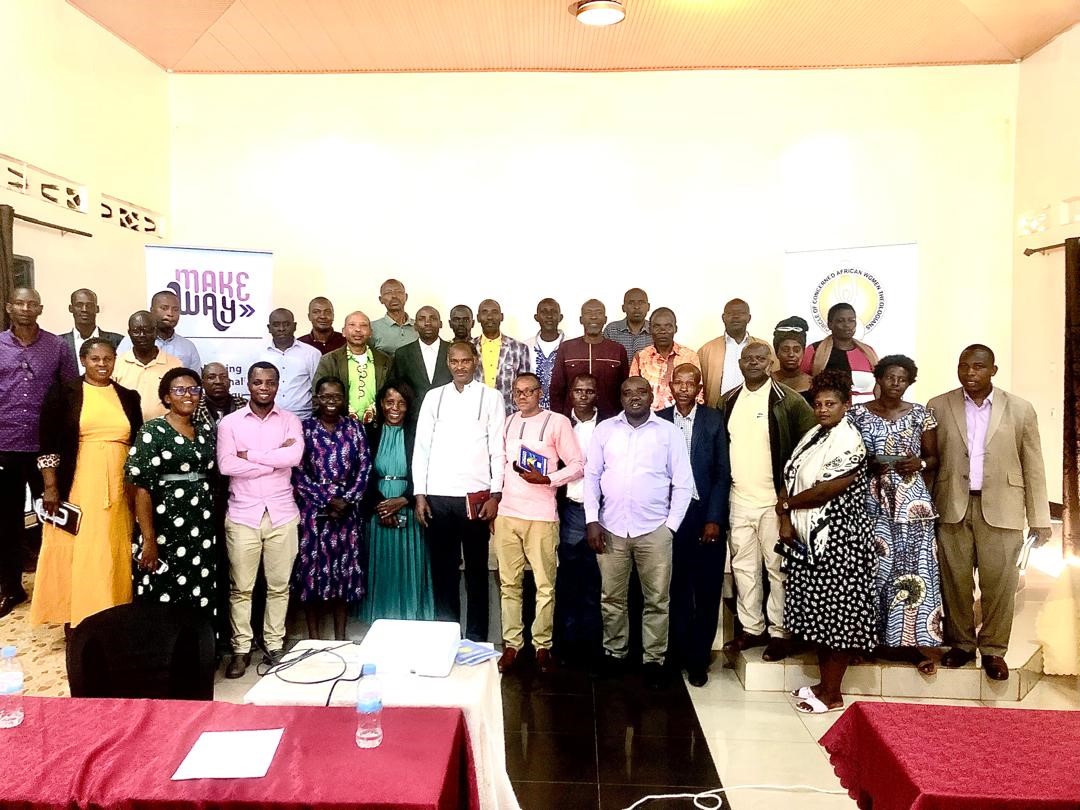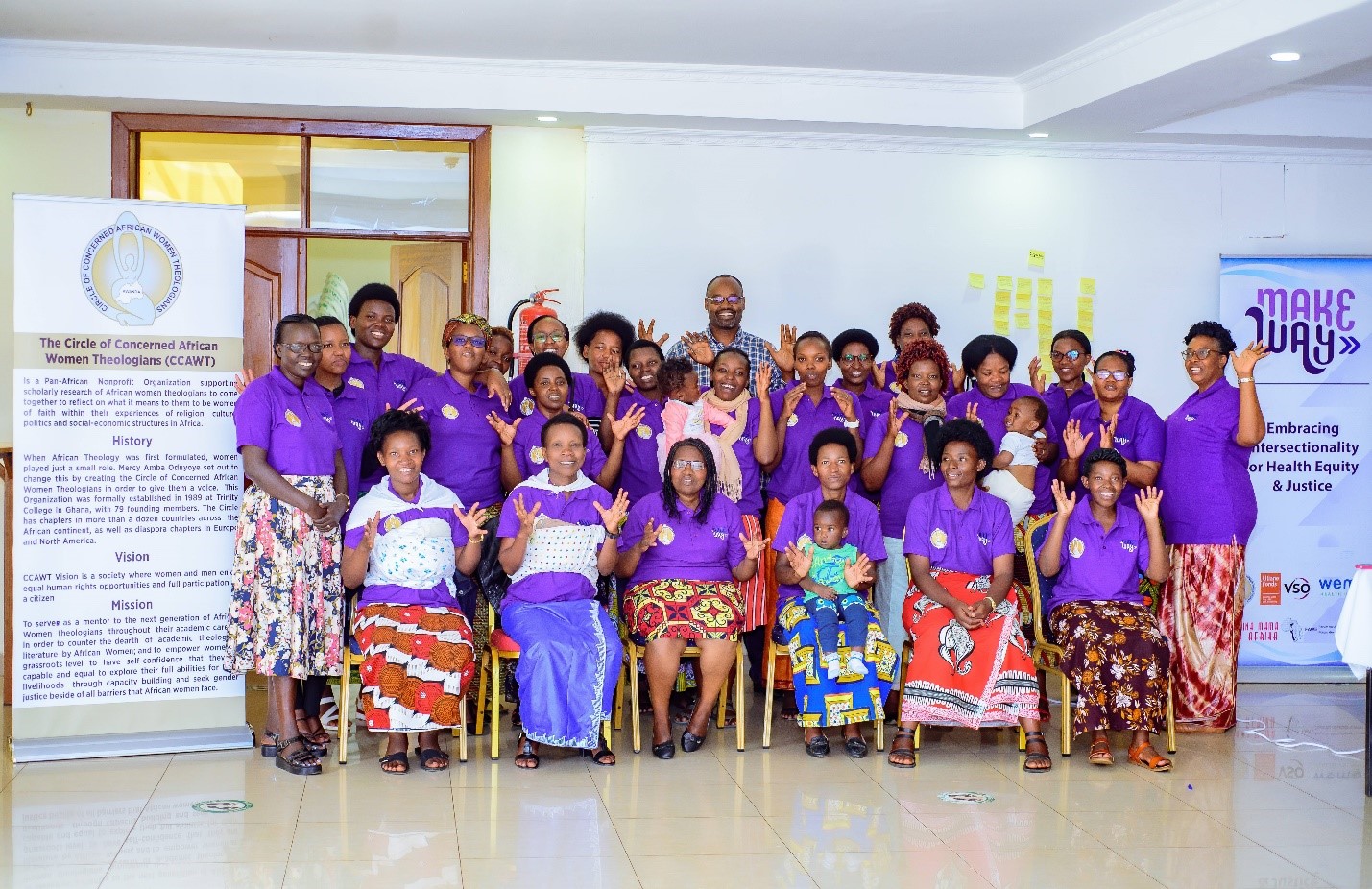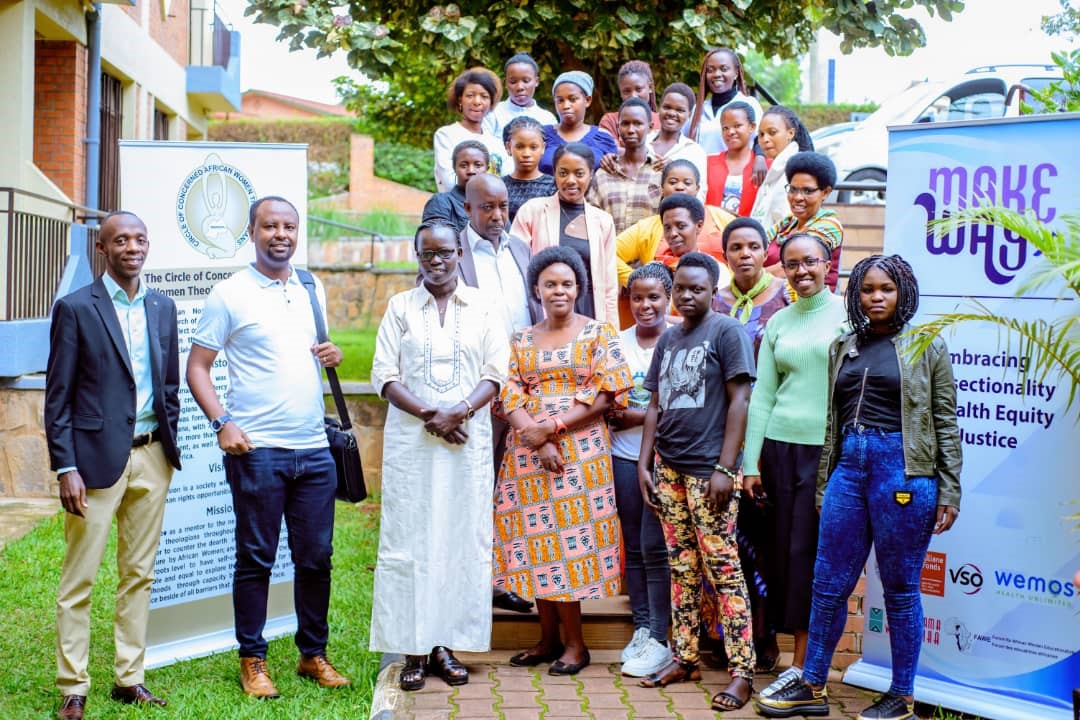- circlerwanda@gmail.com
- KK 698 St, Kigali
Misinterpreting the Bible Can Fuel Domestic Violence
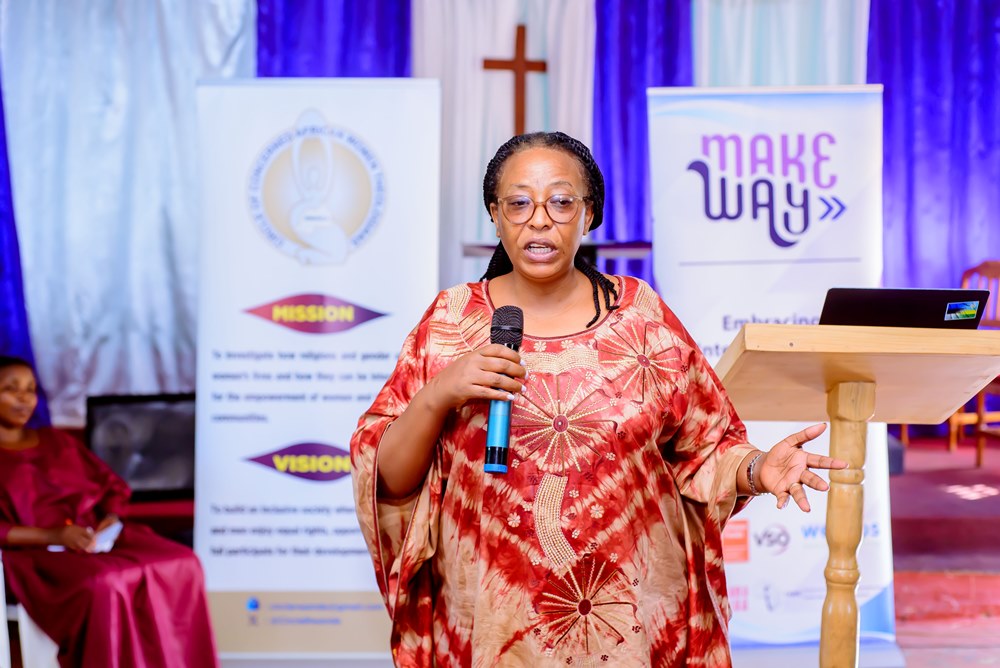
Translation: Misinterpreting the Bible Can Fuel Domestic Violence
December 9, 2024
Rev. Dr. Nagaju Muke, the leader of The Circle of Concerned African Women Theologians in Rwanda, stated that misreading the Bible can be a source of domestic violence. She urged religious leaders to carefully consider the messages they preach to their congregations.
She made this statement on Sunday during a visit by the organization to religious leaders, aimed at exploring their role in addressing domestic violence within families.
Dr. Nagaju explained that some forms of domestic violence stem from a lack of understanding of the Bible's teachings. Others arise when people interpret the Scriptures without considering the context in which they were written or the cultural background of the original audience.
She said:
“One of the causes of gender-based violence includes cultural practices that grant men excessive authority, which is sometimes misused and leads to violence. Another cause stems from misinterpreted beliefs—some people read the Bible without considering the culture it was written in, then apply it literally without adapting to their context. Misusing the Bible in this way can lead to harming others.”
She emphasized that this is why, during the 16 Days of Activism Against Gender-Based Violence, their organization focused on training religious teachers to ensure they understand the implications of their teachings.
She added:
“We raise awareness among pastors because they have large followings. When a pastor is well-informed, they can influence many people.”
Marie Louise Amahoro, the women’s representative at EAR Ndera in Kigali, said that eliminating gender-based violence in families is possible but requires mutual understanding between spouses.
She noted:
“First, a husband and wife must establish mutual understanding, building a family free from conflict, where they complement each other and involve the children. They must discuss their plans to avoid situations that could destabilize the family. We’ve observed that when one spouse keeps things to themselves without addressing issues, violence often results. Overcoming this requires open communication, and when someone is at fault, they must correct themselves.”
Ernest Bahunde, head of the men’s group at EAR Ndera, also highlighted the critical role of religious leaders in combating gender-based violence in families.
He added that the government should strengthen educational programs and ensure proper punishment for perpetrators of violence. He said:
“Perpetrators must face consequences that deter them from repeating such actions. Children should also be taught from a young age that violence is unacceptable.”
Dr. Muke emphasized that the Bible must be taught by individuals who thoroughly understand it to prevent misinterpretations that undermine the principle of gender equality.
Call to Action for Religious Leaders
Religious leaders were urged to closely monitor the teachings they share with their congregants to ensure they do not inadvertently promote violence.
Additionally, it was recommended that anti-violence education be spread widely across communities.
 Dr. Muke said that the Bible must be taught by someone who understands it well to avoid misinterpretation that could undermine the principle of gender equality.
Dr. Muke said that the Bible must be taught by someone who understands it well to avoid misinterpretation that could undermine the principle of gender equality. 




 Religious leaders were urged to carefully examine what they teach their followers to ensure it does not promote violence.
Religious leaders were urged to carefully examine what they teach their followers to ensure it does not promote violence.  It was requested that teachings on combating violence be widely disseminated.
It was requested that teachings on combating violence be widely disseminated.


